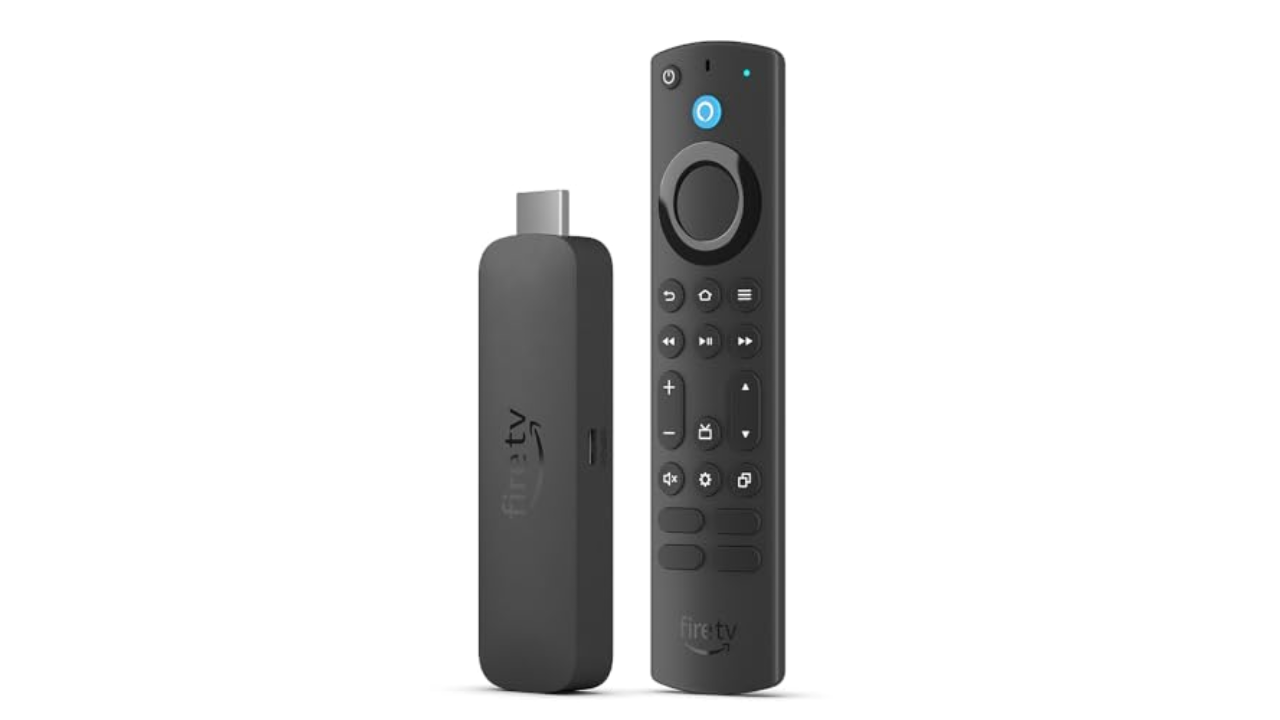
Taiwanese people often call Taiwan Semiconductor Manufacturing Company, the world’s largest contract chipmaker, as the “sacred mountain that protects the country” due to the company’s economic importance. Yet that central role has its costs, as TSMC was dragged into Taiwanese politics as the self-governing island gears up for a presidential election on Jan. 13.
Candidates for Taiwan’s vice-president referred to TSMC and its plans for international expansion during a live televised debate on Monday.
Jaw Shaw-kong, the vice-presidential candidate for the Kuomintang (KMT), the island’s largest opposition party, claimed that Wall Street financiers were worried about a potential war over Taiwan.
“Because of the doubts of war in Taiwan, a lot of foreign companies don’t want to come,” Jaw said. He pointed to the example of Berkshire Hathaway chair Warren Buffett. The legendary investor bought a $4.1 billion stake in TSMC in November 2022, only to offload it six months later. Buffett has admitted that geopolitical tensions influenced his decision to sell his stake in TSMC.
Jaw argued that without foreign investment, Taiwan will not be able to improve in areas like AI, and companies like TSMC will be forced to adopt a “Taiwan plus one” approach, risking a “hollowing out” of the island’s economy. He blamed the situation on the Democratic Progressive Party (DPP), the party in power for the last eight years, for stoking tensions with Beijing.
The KMT’s candidate for vice-president also claimed that superstar Taylor Swift turned down an opportunity to perform in Taipei due to geopolitical risks. (Taiwan’s ministry for culture denied Jaw’s claim on Tuesday.)
Hsiao Bi-Khim, the DPP’s vice-presidential candidate, retorted that TSMC should not be “something that you use for political gains,” and that the company was increasing its investment in Taiwan. She also pointed to investment from foreign companies like Google, Amazon and Micron to dismiss worries about the hollowing out of Taiwan’s economy.
TSMC did not immediately respond to a request for comment. The company has at times said most of its advanced operations will be based in Taiwan.
The chipmaker is investing in new facilities in Japan, Germany and the U.S. TSMC’s U.S. investments in particular are attracting attention from analysts due to their size and their potential to boost the American semiconductor industry. In December 2022, TSMC announced that it was expanding its investment in the state of Arizona to $40 billion, up from $12 billion, and that the new facilities would produce the company’s 3-nanometer chips, currently one of the most advanced chips in production.
Yet TSMC has struggled to get its Arizona operations off the ground. The chipmaker complained last July that it wasn’t able to find enough skilled workers for its plants, and pushed the start of mass production to 2025.
Taiwan’s election in January could have significant ramifications for the region. The island has its own democratic government. Yet Beijing continues to push for the eventual reunification of Taiwan with the rest of mainland China and has not ruled out the use of force in the event the island declares formal independence.
The DPP, which takes a harsher stance on China, is running for a third consecutive term in office. The DPP’s opponents, the KMT and the Taiwan People’s Party, are both campaigning for better ties with China and a cooling of tensions. Current polling gives the DPP a lead over the two opposition parties.
Credit: Source link













